Unfortunately, our affluent society has also been an effluent society
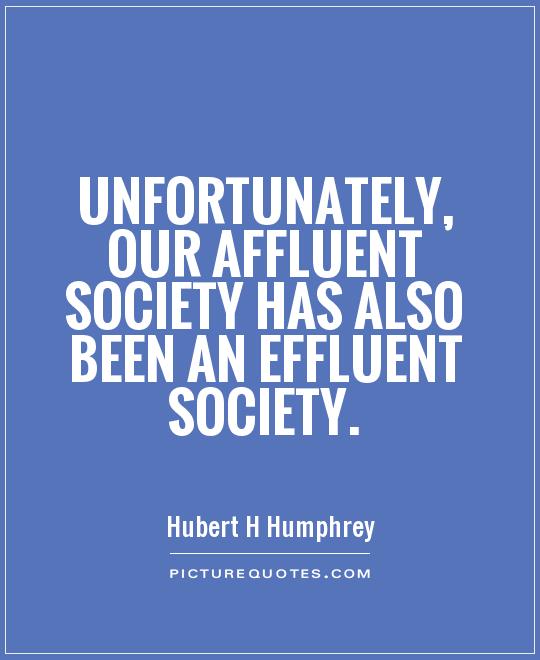
Unfortunately, our affluent society has also been an effluent society
Hubert H. Humphrey, a former Vice President of the United States, once famously said, "Unfortunately, our affluent society has also been an effluent society." This statement holds true even today, as we continue to grapple with the consequences of our consumer-driven, materialistic culture.In our pursuit of wealth and comfort, we have often overlooked the environmental costs of our actions. The term "effluent" refers to waste or pollution that is discharged into the environment, and our society has certainly been guilty of producing a significant amount of it. From industrial pollution to plastic waste, our affluent lifestyle has taken a toll on the planet.
One of the most pressing issues facing our society today is climate change, which is largely driven by the release of greenhouse gases into the atmosphere. The burning of fossil fuels for energy, transportation, and manufacturing has led to a rapid increase in carbon dioxide levels, resulting in rising global temperatures and more frequent extreme weather events. This is a direct result of our society's reliance on cheap and abundant sources of energy, without considering the long-term consequences for the planet.
Another major environmental concern is the pollution of our waterways and oceans. Industrial runoff, agricultural chemicals, and plastic waste have all contributed to the degradation of our water resources, threatening the health of aquatic ecosystems and the safety of drinking water supplies. The Great Pacific Garbage Patch, a massive accumulation of plastic debris in the Pacific Ocean, is a stark reminder of the impact of our throwaway culture.
In addition to environmental concerns, our affluent society has also been marked by growing income inequality and social disparities. While some enjoy unprecedented levels of wealth and luxury, others struggle to make ends meet and access basic necessities like healthcare and education. This disparity is a direct result of our economic system, which prioritizes profit and growth over the well-being of all members of society.


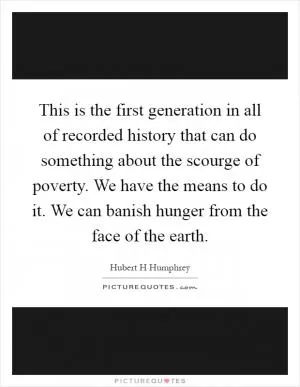




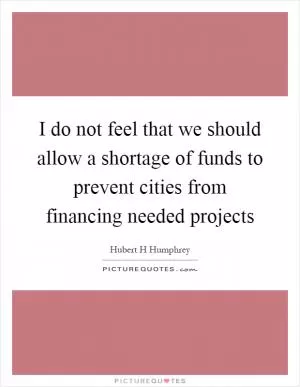

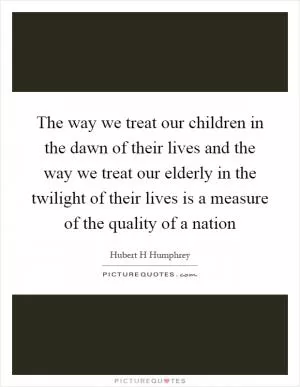

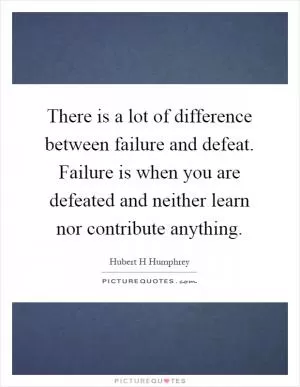
 Friendship Quotes
Friendship Quotes Love Quotes
Love Quotes Life Quotes
Life Quotes Funny Quotes
Funny Quotes Motivational Quotes
Motivational Quotes Inspirational Quotes
Inspirational Quotes